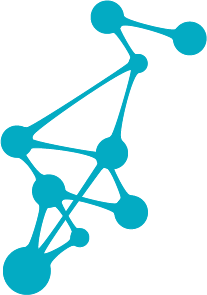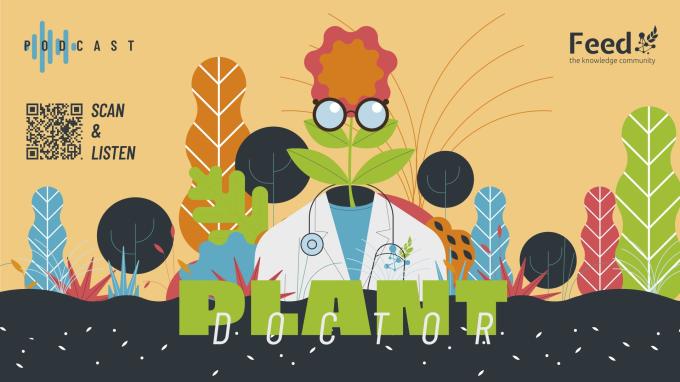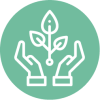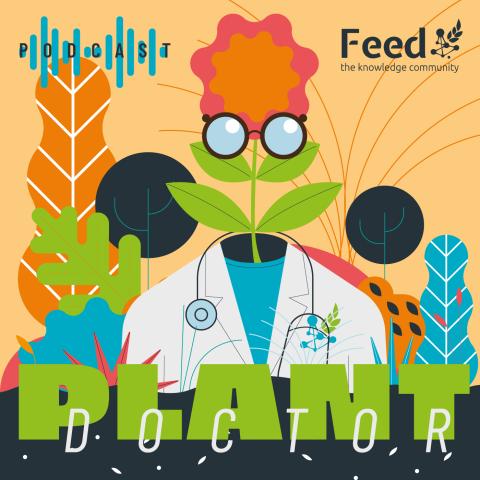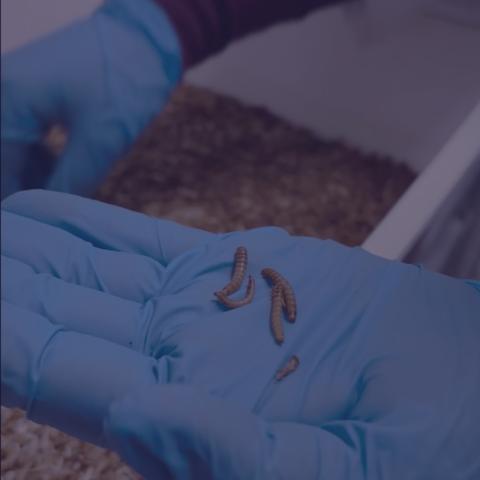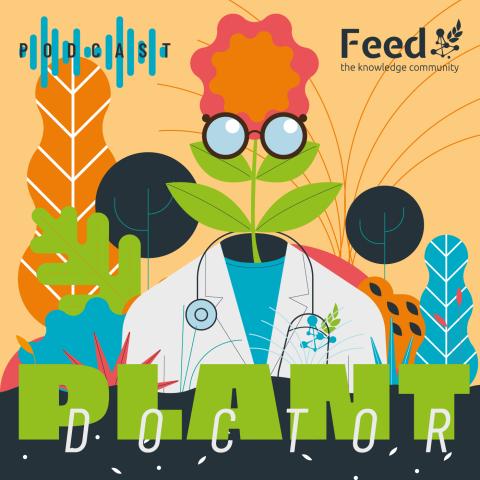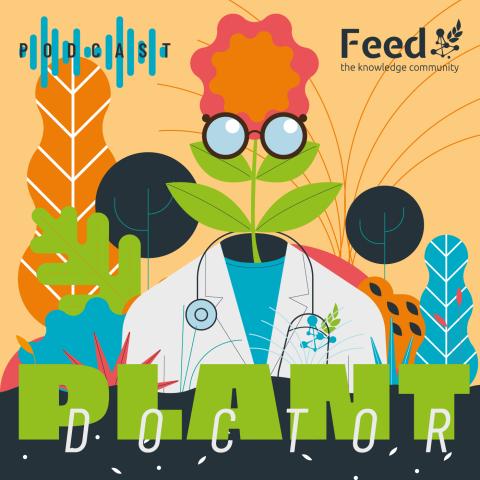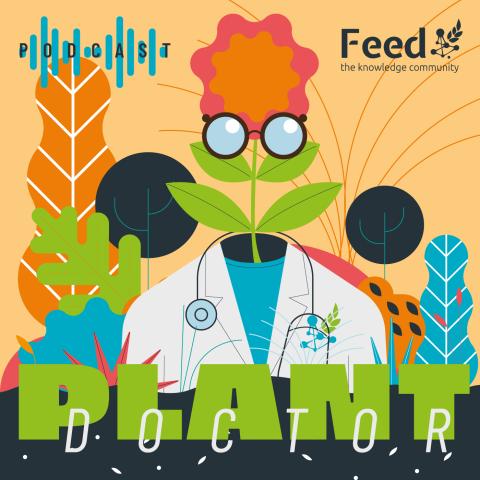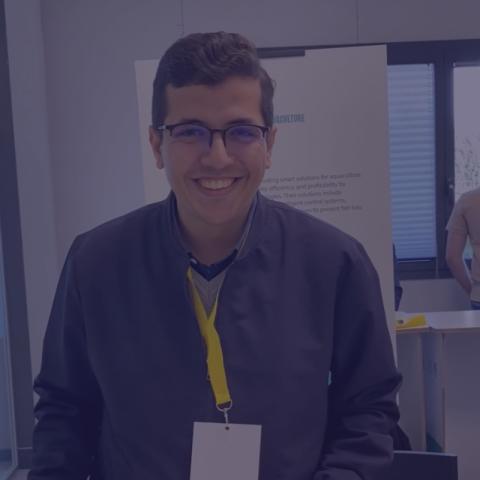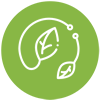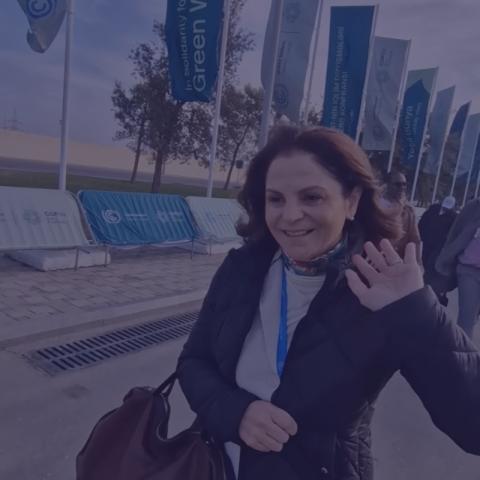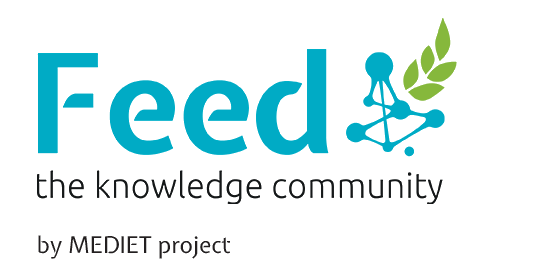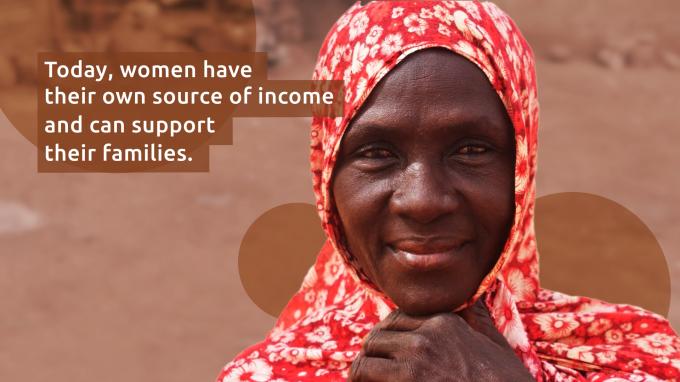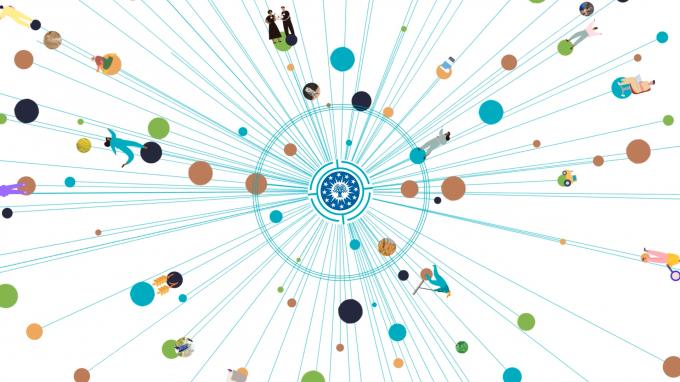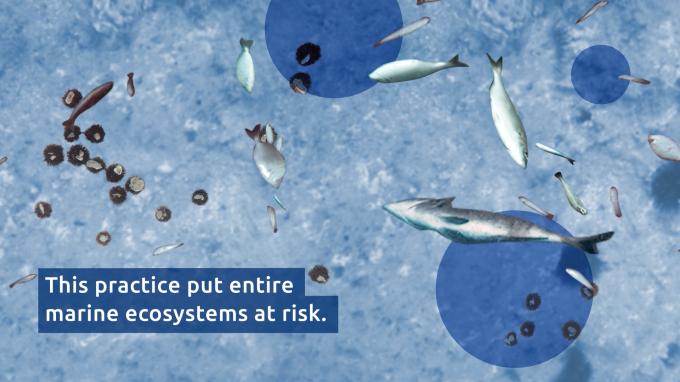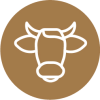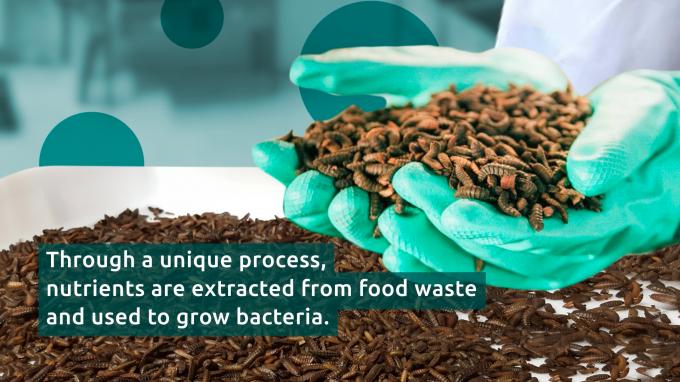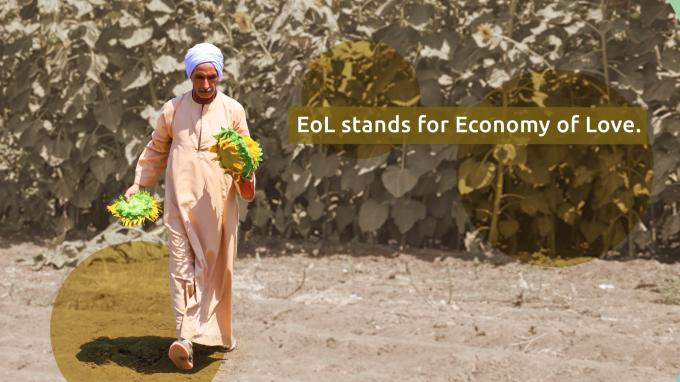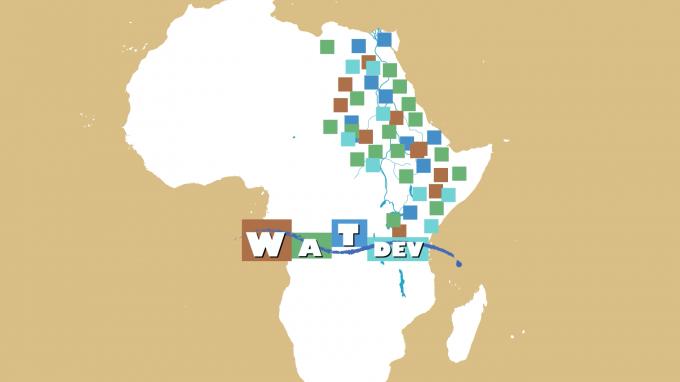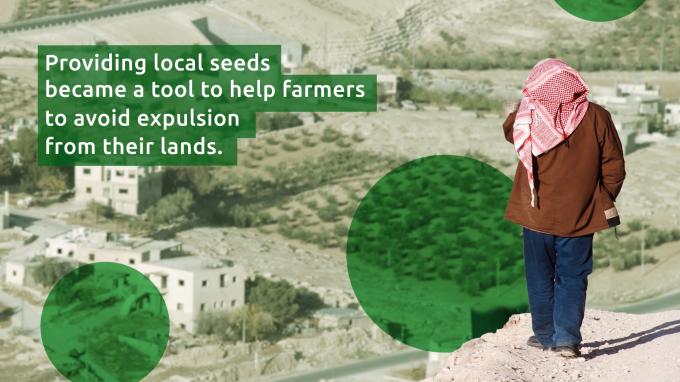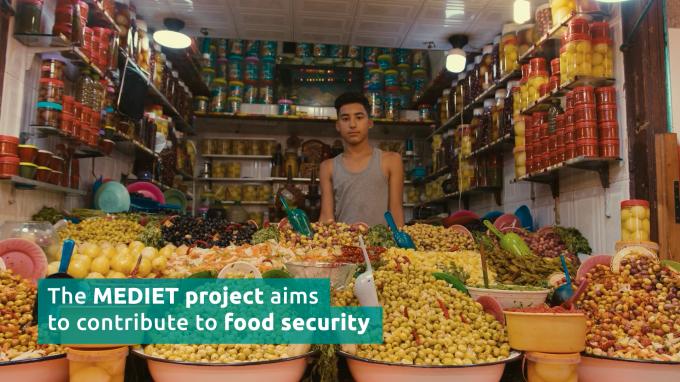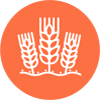MULTIMEDIA
|
Xylella: The Day As the mysterious bacterium tightened its grip on southern Italy, authorities moved to contain the outbreak. Swift. Drastic. The early measures left scars far beyond the groves — shaking livelihoods, trust, and the bond between science and society. But from the ruins, something began to grow: new alliances, shared knowledge, and a region that has become a living lab for quarantine plant diseases. |
|
Xylella: The Day In October 2013, a mysterious dieback began to turn the olive trees of Salento into skeletons. Plant Doctors Franco Valentini and Tawfik el Beaino retrace the early days of the Xylella epidemic—from field investigations to the shocking trail leading back to ornamental coffee plants from Costa Rica. Meet the insect behind the spread and discover how science responded to one of Europe’s worst plant health crises. |
|
Would you eat this? From the farm to your protein shake – would you eat this? Meet Dzenita from Kosovo, a master’s student in organic agriculture at CIHEAMBari exploring the surprising role of insects in our diets. From eco-friendly larvae to gym bars and even pasta – are you ready to try the future of food? |
|
Plant Doctor Ep. 3 They arrive quietly — hidden in crates of fruit, riding global trade routes. In this episode, we follow two invasive insects that took root in Europe, threatening crops and ecosystems. Can science, nature, and farmers fight back? Featuring CIHEAM Bari Plant Doctor Vincenzo Verrastro. |
|
Plant Doctor Ep. 2 We all love pistachios—but hidden behind their taste is the risk of contamination by mycotoxins, toxic substances produced by fungi. Plant Doctor Wanissa Mellikche from CIHEAM Bari shares insights on prevention, biological treatments, and what you, as a consumer, can do to stay safe. Spoiler: pistachio gelato is still a good idea. |
|
Plant Doctor: Ep.1 In China, they call it Huanglongbing—Yellow Dragon Disease. This deadly infection turns citrus leaves yellow and fruit inedible. It helped wipe out nearly 90% of Florida’s citrus production and led Brazil to cut down six million trees. Now it threatens the Mediterranean, which grows a third of the world’s citrus. Can it be stopped? |
|
Mediterranean Innovation Agrifood Week Meet the next generation of agrifood startuppers at the Mediterranean Innovation Agrifood Week! Ideas, know-how, and innovation are shaping a new vision for producing, transforming, and distributing food. Read more >> |
|
Inside COP 29: Climate Future in Focus Meet Roula, a water management expert at CIHEAM Bari. At COP29 in Baku, Azerbaijan, she and her colleague Marinella took us on a quick tour to soak up the lively and busy atmosphere around the stands. |
|
Greenbox: Revolutionizing Food Storage in Congo. Sub-Saharan countries like Congo lose 94% of their food due to inefficient supply chains. Greenbox is a solar-powered cold storage unit that can be installed in food production and consumption centers where no electricity is available. Thanks to this tool, the shelf life of crops is prolonged from 2 to 21 days. |
|
Unlocking the Social and Economic Potential of the 'Desert Date’ Inspired by Moroccan Argan Oil's successful experience, "Toogga" is a social business born to develop product lines from neglected fruits such as the Toogga nut, commonly known as the "desert date." The most marginalized communities of the Brakna Region in Mauritania have started to benefit from this promising activity. |
|
Why you should join us We give voice to people who brought about change in their communities. We call their actions good practices. If you think your project, your business, your activity is a good practice, share it with us and get the chance to make it grow. Join the FEED community now! |
|
FEED: Nourishing Sustainable Food Systems Through Ideas and Action FEED is more than just a knowledge-sharing platform; it is a virtual community where people can share ideas and take action for the development of sustainable food systems. Discover how you can become part of this growing and dynamic ecosystem. |
|
The Montenegro challenge to eradicate blast fishing. Blast fishing was a deeply rooted fishing technique in Montenegro until the Ulcinj Municipality recruited a team of local enthusiasts to implement a series of actions to end this dangerous practice. Their action has become a model for the central government and the rest of the Balkan region. |
|
Revolutionizing Waste: Transforming Food Scraps into Fish Feed in Congo The economic crisis and climate change threats strongly impacted fish farmers in Congo. In 2022, the EntoFeed start-up developed a technology using food waste to produce bacterial protein-based animal feed ingredients. With its affordable organic recycling solutions, this young Congolese company is leading the way to a new frontier of organics recycling in Africa. |
|
Economy of Love In 1977, the SEKEM farm began revitalizing untouched Egyptian desert land using biodynamic farming with a revolutionary vision. Every step of the production process, from the field to the consumers, had to guarantee profits and well-being to every actor along the chain and even produce benefits for the environment. How? Love is the answer. |
|
World Water Day: sharing knowledge to fight drought. In Egypt, Ethiopia, Kenya, and Sudan agriculture consumes up to 75% of the available freshwater. The WATDEV project works to build a knowledge-sharing system for the sustainable management of watersheds in the region, able to enhance innovation and eradicate poverty. Visit the WATDEV website, to learn more about the project. |
|
Seeds of resilience Palestinians were familiar with the problems of isolation far before the explosion of the dramatic conflict in 2023. The Local Seed Bank in Hebron has been experiencing a peaceful form of resistance by allowing farmers to preserve and replant the local species and avoid land confiscation |
|
The Mediterranean way to sustainable food The MEDIET project aims to contribute to food security and the sustainable transformation of food systems in the Mediterranean region. The project established seventeen country-based teams of experts to gather information on the local food systems. This video explainer tells us how far they went. |
